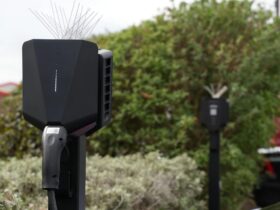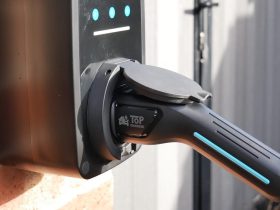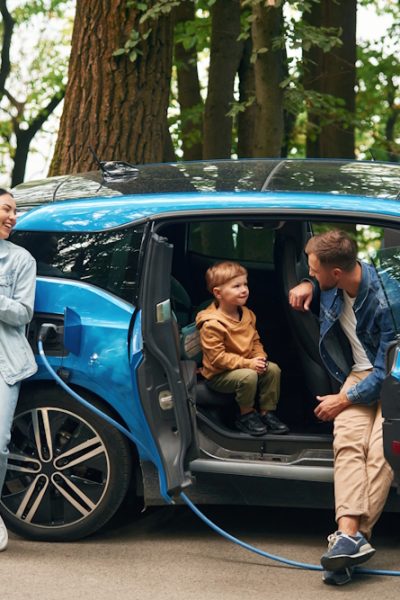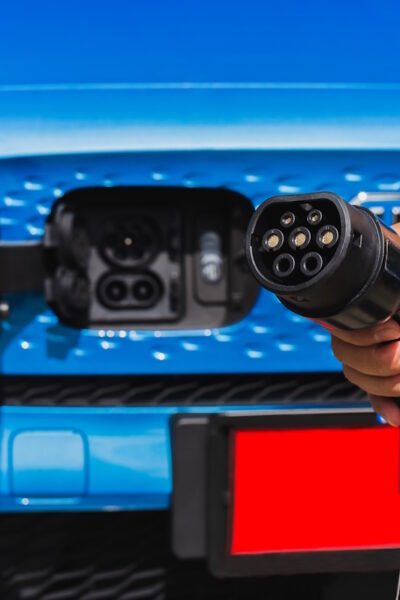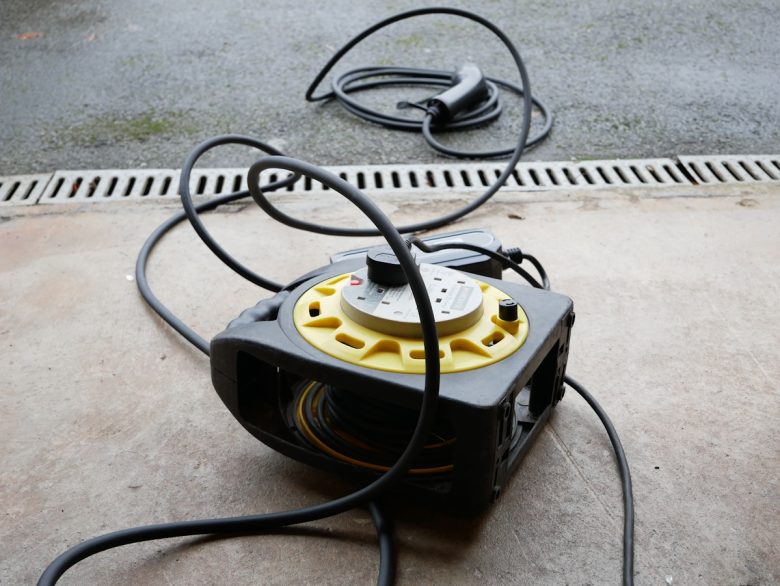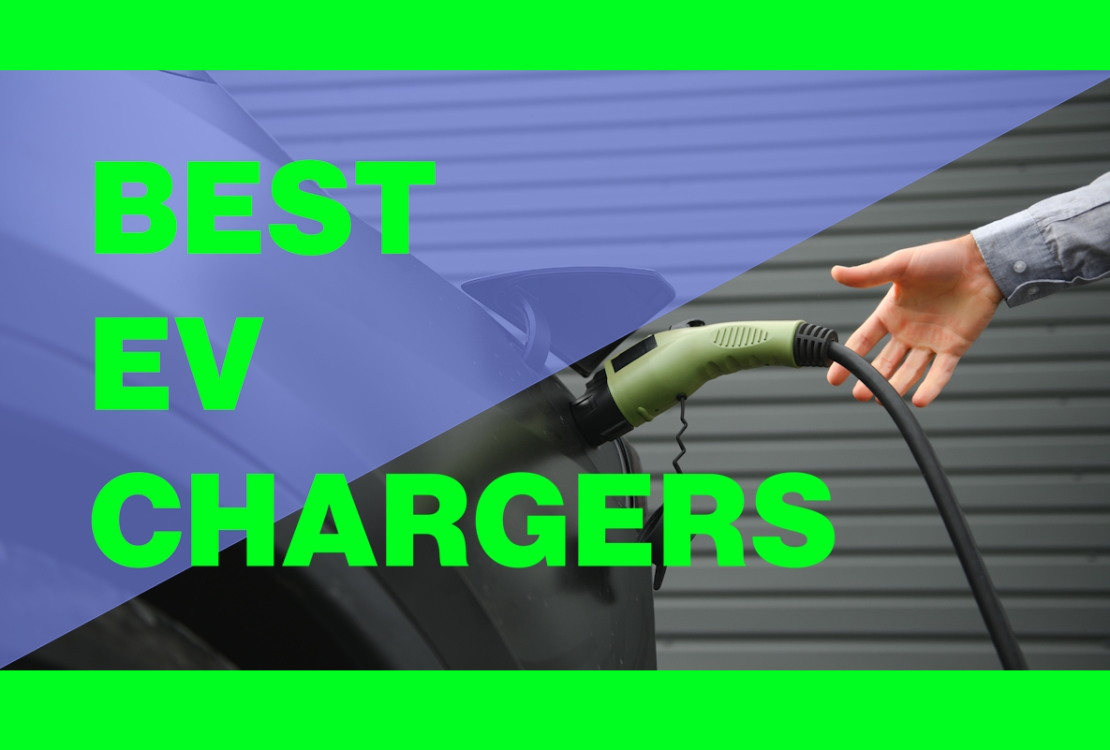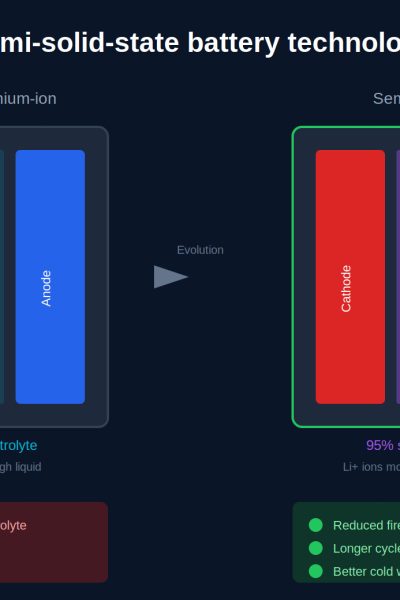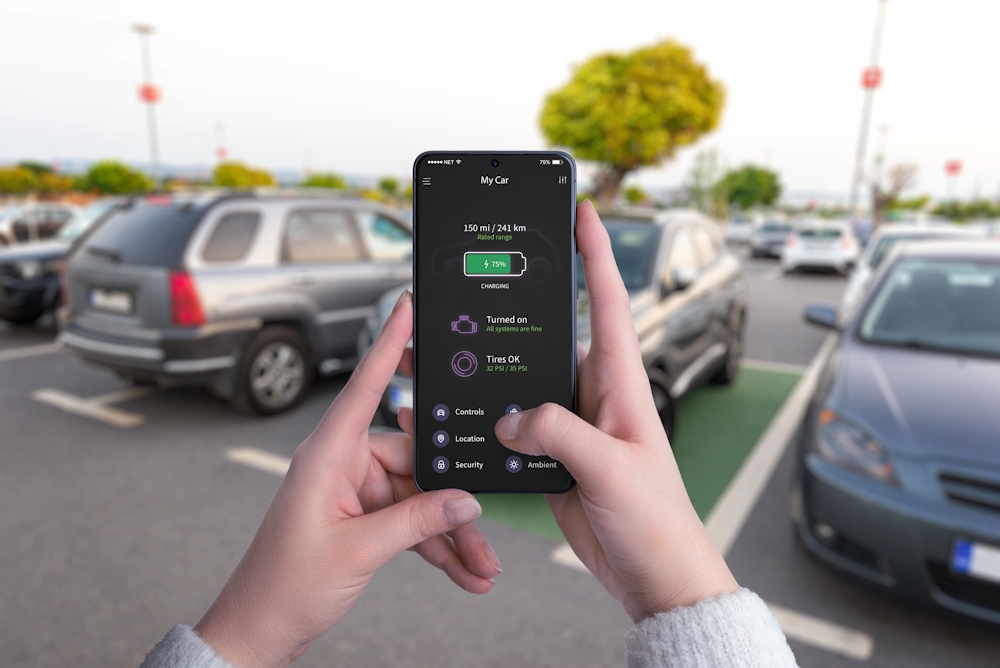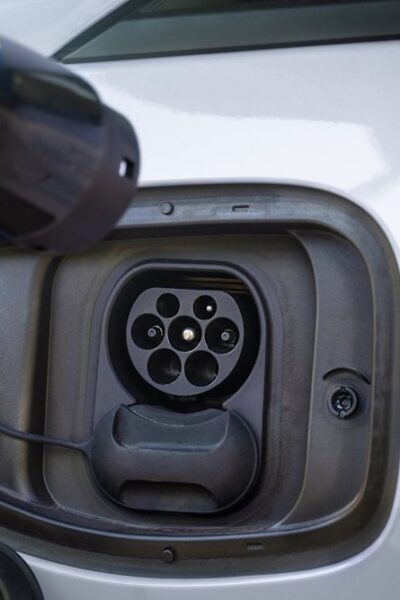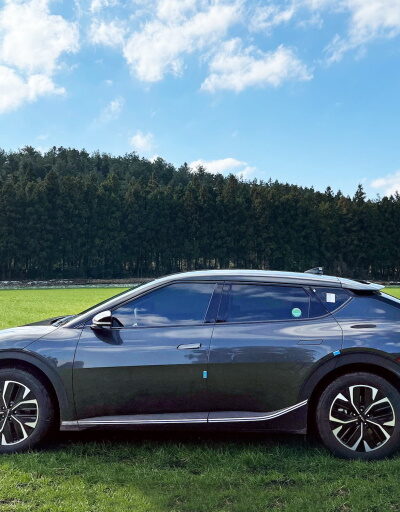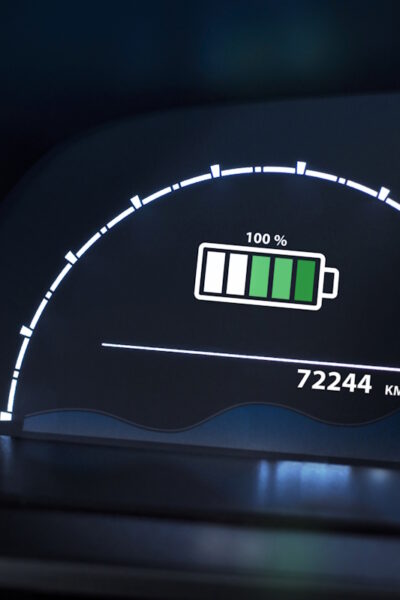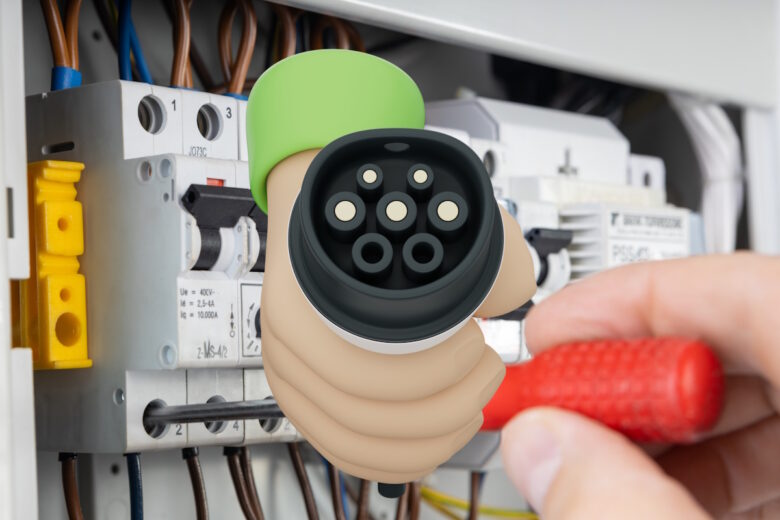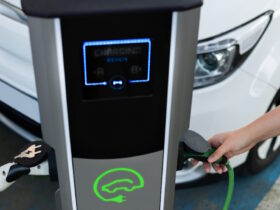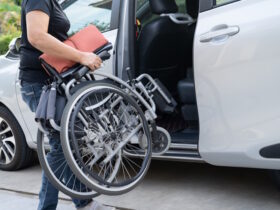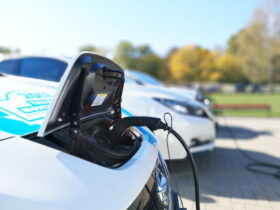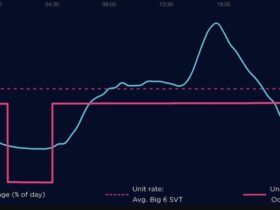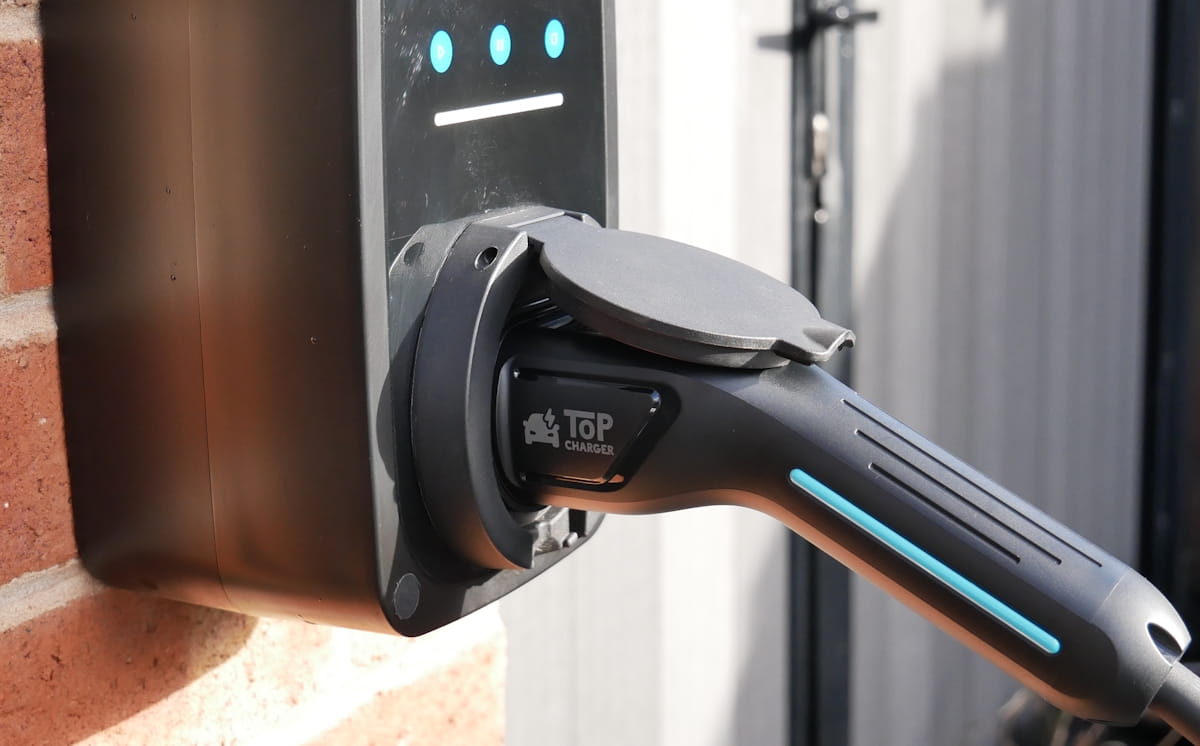
You need enough length to go under or around your EV, because not every charging spot is perfect
New Guides
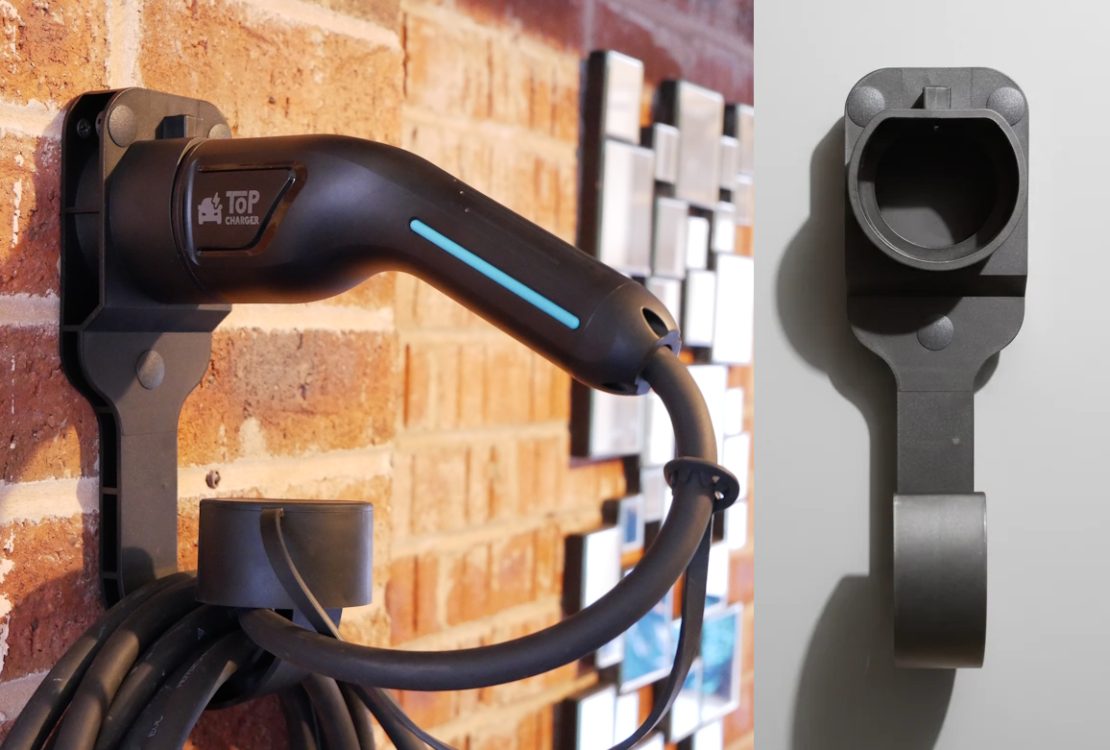

Latest Reviews
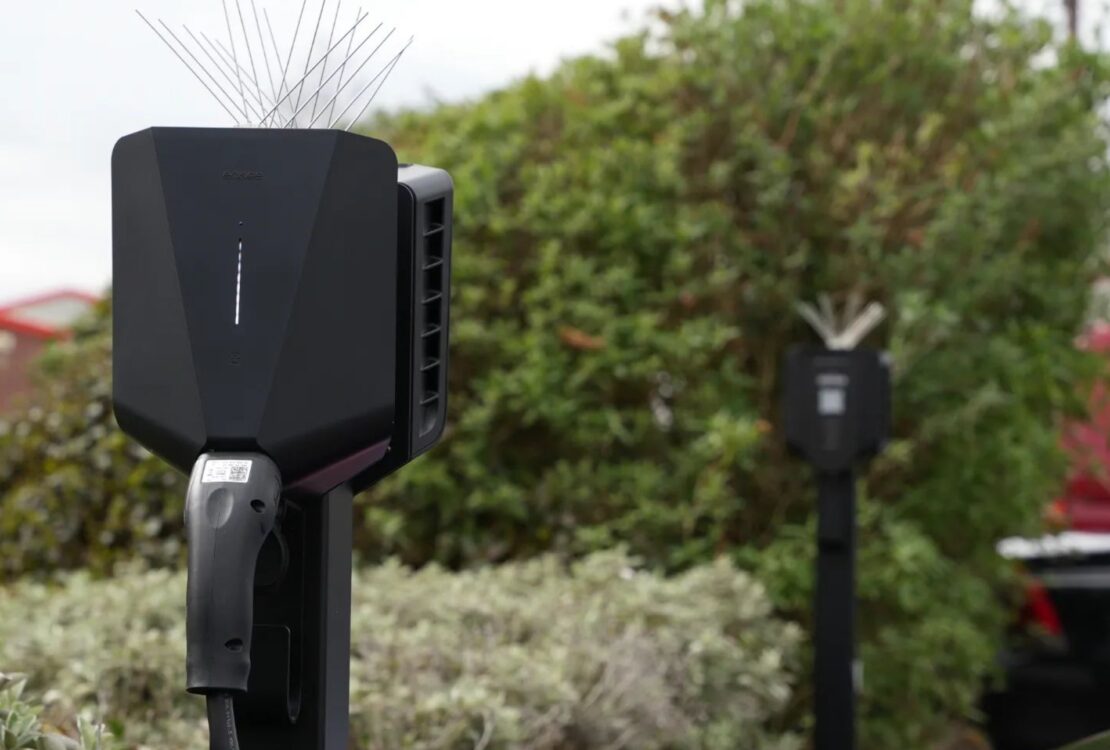
News
We've launched an online shop selling EV charging cables and accessories.
BMW and E.ON are now selling Germany's first commercial vehicle-to-grid package. Plug in your iX3, earn money while you sleep.
While some chargers are free, others will cost you.
The state of Britain's public electric vehicle charging infrastructure continues to improve, with Tesla and Sainsbury's Smart Charge emerging as the standout performers in Zapmap's latest annual satisfaction survey.
Used electric cars offer an affordable entry point into the world of EVs, but scare stories about batteries going bad and costing thousands to replace put many people off.
Electric wheelchair accessible vehicles (WAVs) are now a realistic option, with zero emissions, plus the ramps, lowered floors, and flexible seating configurations that make independent travel possible.
Canadian nanotechnology company Zentek has announced an exciting development in the lithium-ion battery space.
StoreDot intends to push the boundaries further, with its roadmap suggesting that by 2028 charging times could be down to just three minutes.


